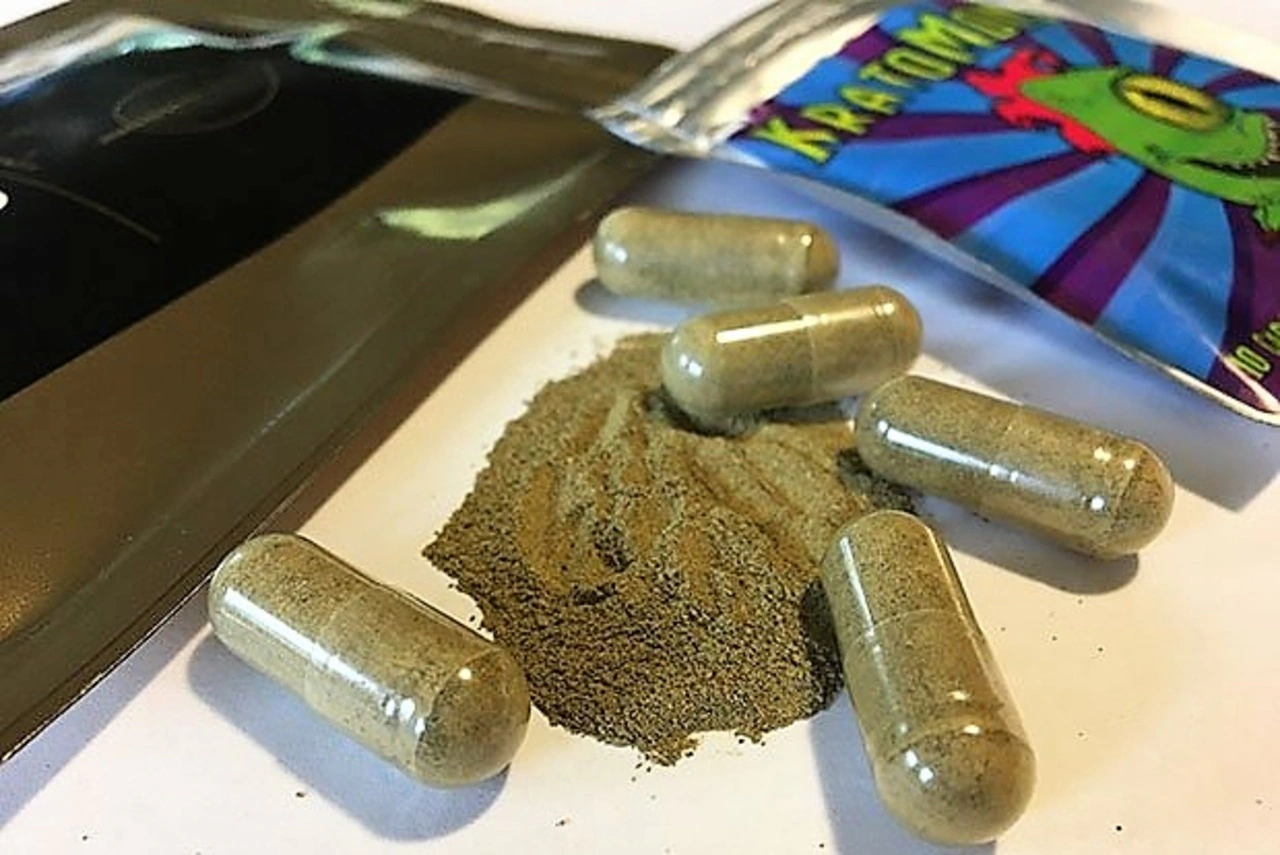Copyright cleveland.com

COLUMBUS — As Ohio lawmakers consider legislation to regulate natural kratom and ban its synthetic derivative, they join several states that are also grappling with how to regulate these products. Senate Bill 299, sponsored by state Sen. Louis Blessing, a Colerain Township Republican, would require sellers, distributors and manufacturers of kratom to register with the Ohio Department of Agriculture. The bill would also ban synthetic 7-hydroxymitragynine, known as 7-OH, limiting it to no more than one milligram, in products. Kratom, derived from the leaves of Mitragyna speciosa, contains psychoactive compounds that interact with opioid receptors. While some users promote it as a tool for pain relief or opioid withdrawal, others warn of its addictive potential — especially in synthetic forms 7-OH. Related: Lawmaker pitches new regulations to rein in Ohio’s ‘Wild West’ of kratom Blessing’s legislation comes after DeWine called on the state Board of Pharmacy to immediately classify all natural and synthetic kratom compounds as illegal drugs in August. DeWine paused his call for a ban on kratom after a conversation with Health and Human Services Secretary Robert F. Kennedy Jr. Outside of Ohio, states across the country have adopted a patchwork of policies, ranging from outright bans to consumer protection laws. Kratom bans Washington, D.C., and seven states— Alabama, Arkansas, Indiana, Louisiana, Rhode Island, Vermont and Wisconsin — have banned kratom. Rhode Island’s ban will be replaced in April 2026 by a new law passed by state lawmakers, making it the first state to replace prohibition with a regulatory framework. Florida also issued an emergency rule that places 7-OH under Schedule I, and Colorado has banned kratom products containing more than 2% of the same alkaloid. New legislation At least seven states have considered or enacted legislation related to kratom in the last year. Colorado, Mississippi, and New York have all enacted or passed measures focusing on consumer safety through age restrictions (raising the minimum purchase age to 21), labeling requirements, and limits on synthetic kratom and high concentrations of 7-OH. Colorado’s law also specifically prohibits products designed to appeal to children, while New York’s pending legislation would require warning labels and ban “all natural” marketing claims. Meanwhile, similar regulatory proposals in Montana and Texas failed to advance this year. Looking ahead With federal agencies like the FDA pushing to classify 7-OH as a Schedule I substance, and states experimenting with their own models, Ohio’s SB 299 could become a blueprint for balancing consumer access with public health concerns. As the kratom debate evolves, lawmakers across the country face a common challenge: how to regulate a substance that sits at the intersection of wellness, addiction, and commerce.



